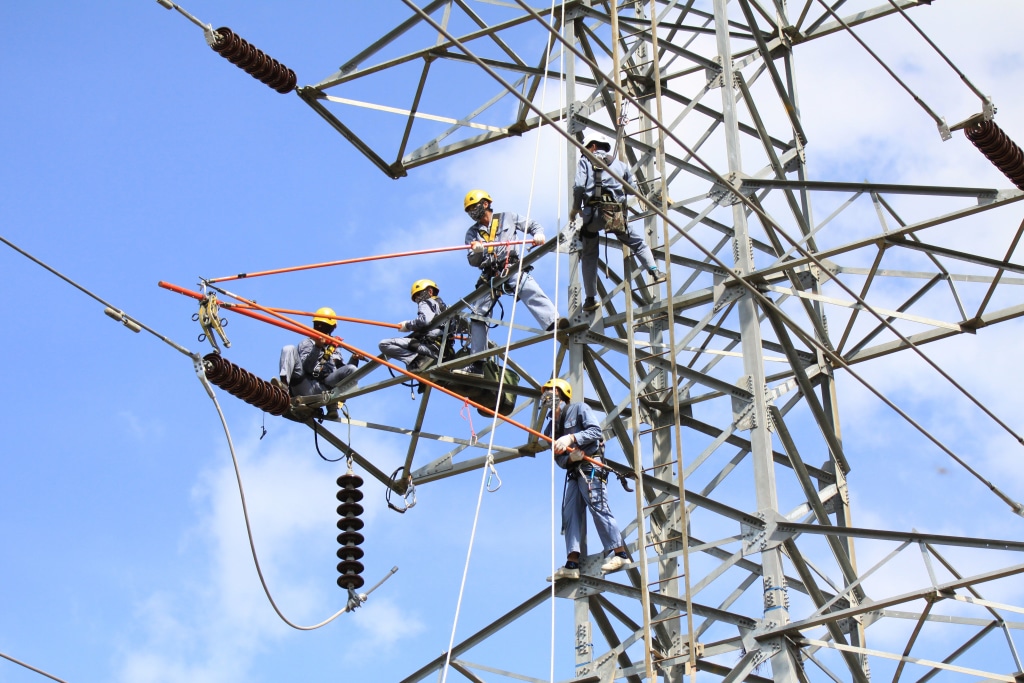Of the US$ 28.9 million financing approved by the Board of Directors of the African Development Bank (AfDB) Group, US$ 12.01 million represents a loan from the African Development Fund (ADF). The other part of the funding, US$16.55 million is provided under the Transition Support Facility (TSF). This US$ 3.7 billion fund supports AfDB regional member countries in peace building, building resilient institutions, stabilising the economy and improving the lives of vulnerable populations. The TSF thus helps lay the foundation for sustainable and inclusive growth.
The AfDB’s financing will enable the implementation of the Burundi Energy Access Project. “The Bank’s support to the Burundi Energy Access Project is in line with the priorities defined in the Country Strategy Paper and the Burundi National Development Plan. It incorporates the lessons learned by the Bank in the implementation of six other on-going projects in the energy sector in order to obtain an optimal and sustainable investment for the country,” explains Daniel Ndoye, AfDB Country Manager in Burundi.
Reducing electricity losses
In its first phase, the project supported by the Burundian government will cover a total of 36 localities in 11 provinces. This phase aims to connect 40,000 Burundian households to the national electricity network. The AfDB funding will allow for 26,000 new connections to be made. The project also aims to provide access to electricity to 450 businesses, 200 educational institutions and eight health centres. Some 40 markets and 150 places of worship will also be electrified.
Read also- BURUNDI: Bujumbura approves the construction of 2 hydroelectric plants in PPP
The other major focus of the Burundi Energy Access Project will be the reduction of electricity losses caused by outdated transmission and distribution facilities in the national grid. To address this, the authorities plan to reinforce 60 transformer stations that are currently overloaded. This work will improve the reliability of Burundi’s national electricity network. In this East African country, only 11.1% of the population has access to electricity, according to the World Bank’s 2019 report.
Jean Marie Takouleu
